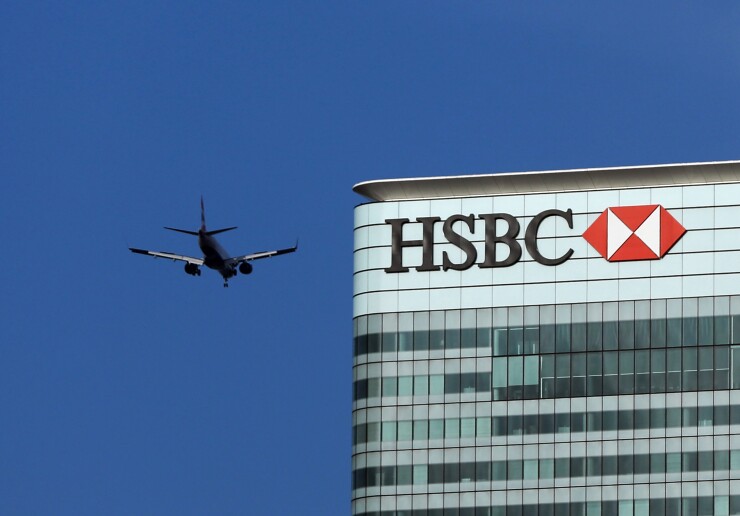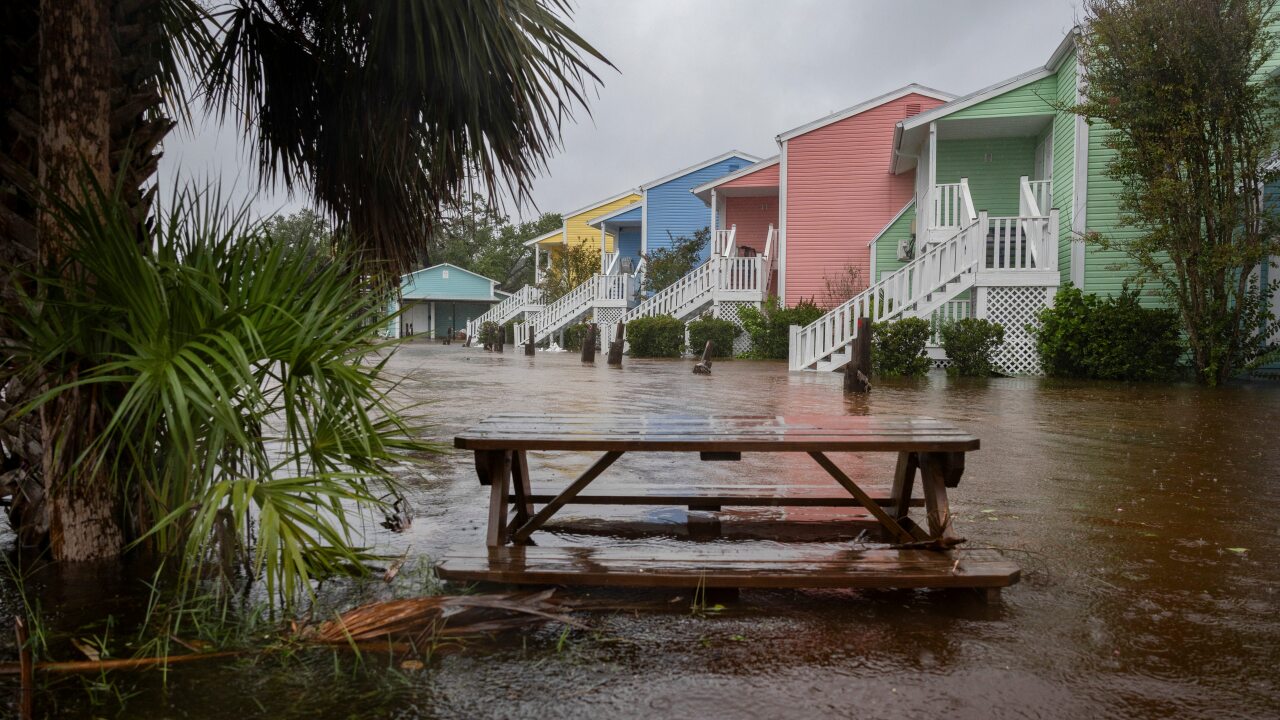Breaking News This Morning …
HSBC office evacuated
“HSBC has evacuated dozens of staff from its office in London’s Canary Wharf after a staff member reported a
“If confirmed, it would be the

Receiving Wide Coverage ...
Simpler
The Federal Reserve overhauled capital rules for the largest U.S. banks, “completing one of the biggest changes to the postcrisis rulebook for Wall Street during the Trump administration,” the Wall Street Journal reports. The Fed said “the changes would simplify rules for big banks such as JPMorgan Chase and Wells Fargo without posing risks to the stability of the financial system.”
“Parts of the overhaul are likely to be welcomed by big banks, including changes that
“The final rules are largely unchanged from the original proposals,” the Financial Times notes, "and
“Today’s rule gives a green light for
"Notably, the final rule removed a bank's leverage ratio — a non-risk-weighted measure of capital adequacy — as a component of the stress capital buffer," American Banker reports. "The so-called stress leverage buffer requirement in the proposal
Preparation
Banks in the U.S. and U.K. are “sending hundreds of staff to
While many employees “can work from home with relative ease, regulatory and technology demands make the situation more complicated for salespeople and traders,” the paper notes. “To prevent those staff from being forced into quarantine en masse over a single coronavirus incident, banks are looking at spreading them out between head office and disaster recovery sites that have the same technical capacity as their main sites.”
“For many companies it will be
The coronavirus epidemic could also make it harder for U.S. lenders to comply with the current expected credit losses (CECL) accounting rules, which require them to forecast expected future losses on loans as soon as they are made. Lenders “are expected to use economic indicators for forecasting. But the novel coronavirus, which has shaken global financial markets, is making it difficult for companies to make
“I don’t think the Centers for Disease Control and Prevention or anyone else has the ability yet to forecast the future evolution of the virus with much confidence,” said Stephen Ryan, an accounting professor at New York University.
Take it easy
Eric Blankenstein, the former Consumer Financial Protection Bureau official who left the agency last year, “
“The House report also said that Wells Fargo had dragged its feet on fixing internal controls and that in the spring of 2017, its senior leaders displayed a cavalier attitude toward the tasks that lay ahead of them.”
Wells Fargo "was reviewing the report and had no immediate comment," the paper says, and "Blankenstein did not respond to calls seeking comment."
Separately, Wells plans to
“The announcement from Wells Fargo comes a week before Chief Executive Officer Charles Scharf is scheduled to testify before the U.S. Congress over measures the bank has taken related to its sales scandal.”
Wall Street Journal
AML fine
The Treasury Department’s Financial Crimes Enforcement Network fined U.S. Bank’s former chief operational risk officer $450,000 for “failing to prevent corporate violations of anti-money laundering laws.” Two years ago the bank was fined $613 million and entered into a two-year deferred prosecution agreement for weak anti-money laundering controls.
According to FinCEN, Michael LaFontaine, who served as the bank’s chief operational risk officer from October 2012 until June 2014, had been “advised internally that the bank’s
Financial Times
Fintech moves
Michael Sherwood, Goldman Sachs’ former European co-head, “has joined the board of Revolut, a week after it completed one of the continent’s largest fintech fundraisings. The five-year-old company also appointed veteran retail banker and risk specialist Ian Wilson to its board, as it
Separately, Chinese mobile payments company Ant Financial has taken a small stake in Swedish fintech Klarna, “
“Ant Financial made its biggest push into western markets last year with the $700 million acquisition of U.K. payments group World First," the paper say. "That followed an attempt to buy a U.S. cross-border payment group, MoneyGram International, which was blocked on security grounds. World First closed its U.S. arm to avoid any similar problems.”
Dark tale
Dark Towers, a book about Deutsche Bank, “is a devastating tale of a big bank gone bad,” the paper opines. “After flourishing as the house bank of a rising West Germany, Deutsche floundered in recent decades as it tried to become a global investment bank in the American style. Deutsche’s transformation had bet heavily on the conventional wisdom of the time: big international banks, it was said, would enjoy economies of scale and provide one-stop shopping for multi-national corporations.” But, the book says, “
Quotable
“





